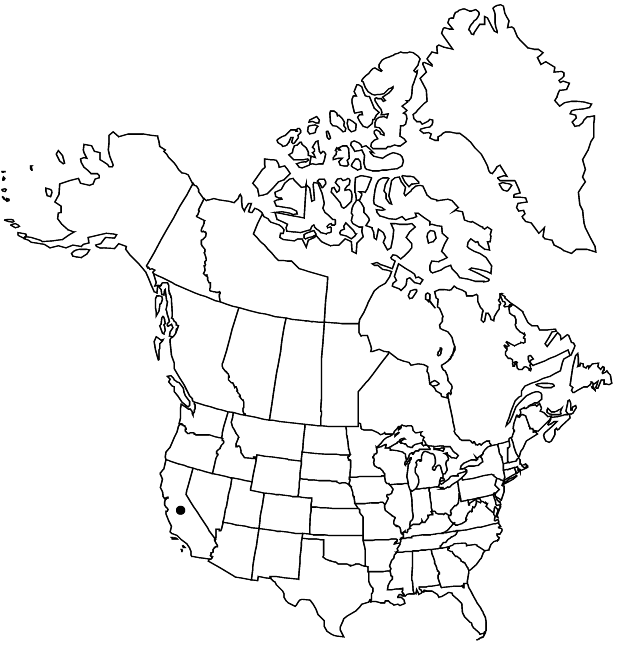Difference between revisions of "Arctostaphylos pallida"
Leafl. W. Bot. 1: 76. 1933 ,.
imported>Volume Importer |
imported>Volume Importer |
||
| Line 58: | Line 58: | ||
|publication year= | |publication year= | ||
|special status=Endemic;Conservation concern | |special status=Endemic;Conservation concern | ||
| − | |source xml=https:// | + | |source xml=https://bitbucket.org/aafc-mbb/fna-data-curation/src/2e0870ddd59836b60bcf96646a41e87ea5a5943a/coarse_grained_fna_xml/V8/V8_832.xml |
|subfamily=Ericaceae subfam. Arbutoideae | |subfamily=Ericaceae subfam. Arbutoideae | ||
|genus=Arctostaphylos | |genus=Arctostaphylos | ||
Latest revision as of 22:46, 5 November 2020
Shrubs, erect, 2–4 m; burl absent; twigs hairy. Leaves: petiole to 2 mm, (hairy); blade glaucous-green, dull, ovate or oblong-ovate, 2.5–4.5 × 2–3 cm, base auriculate-clasping, margins entire, plane, surfaces smooth, glabrous. Inflorescences panicles, 3–5-branched; immature inflorescence pendent, (branches compact, framed by bracts), axis 0.5–1 cm, 1+ mm diam., short-hairy to hispid-hairy, usually eglandular; bracts not appressed, leaflike, widely lanceolate, 5–9 mm, apex acute, surfaces finely glandular-hairy. Pedicels 8–12 mm, finely glandular-hairy. Flowers: corolla white, conic to urceolate; ovary finely glandular-hairy. Fruits depressed-globose, 8–10 mm diam., glandular-hairy, (viscid). Stones distinct. 2n = 26.
Phenology: Flowering winter–early spring.
Habitat: Maritime chaparral, gaps in open forests
Elevation: 200-400 m
Discussion
Of conservation concern.
Arctostaphylos pallida is found on shale barrens in the East Bay Hills, western Contra Costa County, overlooking San Francisco Bay.
Selected References
None.
